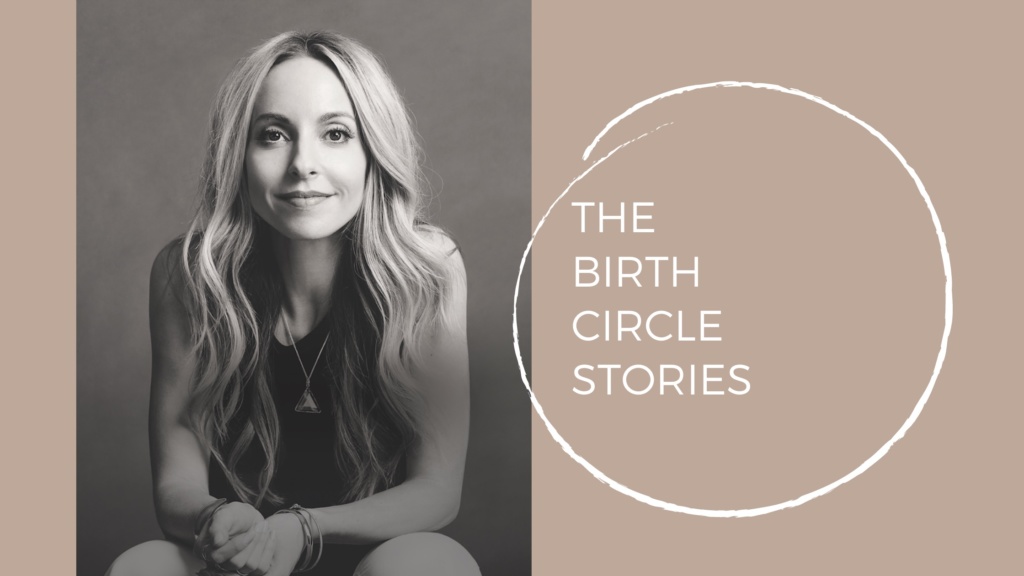
Being a mom naturally causes us to become more vigilant – after all, once you’re a mom, you sleep with one eye open and wear your heart on your sleeve. I remember waking up in the middle of the night to make sure my first baby was breathing, feeling fearful that something would happen to my partner when he went out in those early days that I was postpartum, and that I was going to miss something important that my baby needed.
Then just add COVID and social isolation into the mix for pregnant and new mamas now.
For approximately 6% of pregnant women and 10% of postpartum women that vigilance can turn into hypervigilance, and anxiety can become so severe that it can feel like a long dark night of the soul. PPA, or postpartum anxiety, is considered a variant of postpartum depression (PPD).
The symptoms of prenatal or postpartum anxiety may include:
- Constant worry
- Feeling that something bad is going to happen
- Racing thoughts
- Disturbances of sleep and appetite
- Inability to sit still
- Physical symptoms like dizziness, hot flashes, and nausea
- Postpartum Panic Disorder symptoms may also include shortness of breath, chest pain, claustrophobia, dizziness, heart palpitations, and numbness and tingling in the extremities.
For some women, there’s pervasive general anxiety, for others there is panic disorder or postpartum OCD (obsessive compulsive behavior) – and for some women, there’s some combination of these.
There is a deeply rooted stigma in our culture surrounding mental illness in general, and if you are a new mom, it can feel difficult to admit that you are struggling with fear, stress, obsessiveness, worry, despair, overwhelm, etc., because of this oppressive assumption that we put on new mamas that…‘your baby is here, you should happy as F#@!!!’ But postpartum is an exceptionally intense time at best, exhausting, emotional, and often overwhelming. Unfortunately, the result is many women suffering silently – and filled with shame – thru a time when the demands on them are exceptionally high. Add depression, anxiety, a history of trauma, or lack of support into the mix, it can be a recipe for overwhelming breakdown.
In this newest Birth Circle episode, I sat down with multi-time-NYT best-selling author, Oprah Super Soul Sunday guest, and sought after talk show guest with appearances on everything from the Rachel Ray show to Good Morning America, Gabby Bernstein for her to share her journey through postpartum anxiety and out the other side.
After a beautiful pregnancy and birth, Gabby found herself in a very dark place – battling insomnia, agoraphobia, and dramatic weight loss, she was living in constant fear and anxiety. After months of trying to climb out of this place of doom and despair, and enlisting support from the circle of healers in her life, Gabby turned to mood stabilizing, sleep supporting, and anti-anxiety medications that helped her sleep, function, and be a mom to her beautiful little boy.
Gabby also happens to be my close personal friend, so this is a particularly personal episode as I also share the balance of being a friend and a practitioner in Gabby's very intimate journey into new motherhood.
She’s now on a mission to help normalize maternal mental health struggles, postpartum anxiety and depression, and – against many popular voices in the wellness movement – antidepressant and anti-anxiety medications. This is one of her most intimate public conversations with one of the people in her personal Birth Circle. In this conversation we begin to break down stigmas around ideal motherhood, mental health, medications, and more.
We discuss:
- The three years it took Gabby to conceive, the stigma around infertility, and the process of surrendering to your unique conception journey
- How to use the time it takes you to conceive to prep your body, mind, and soul to become a mama
- The connection between PTSD and gastrointestinal issues and Gabby's experience navigating SIBO while trying to get pregnant
- Gabby’s pregnancy and birth, and the tools she used to have a beautiful, empowered birth in the hospital
- How Gabby's postpartum anxiety started, how bad things really got, and why she was struggling to reveal what was really going on to her closest circle
- Gabby’s ultimate decision go on an SSRI, despite being a prominent figure in an industry that stigmatizes psychiatric medications, and the immediate relief she felt when she found a plan to feel better
- Why Gabby has chosen to publicly share her struggle with postpartum anxiety, while still in the midst of healing
- The connection between trauma and postpartum depression and/or anxiety, and how medication gave Gabby the space to reprogram her neural pathways through somatic experiencing and EMDR by shifting her out of PTSD
- The misdiagnosis and mistreatment of postpartum disorders due to the shame so many of us experience around mental health, and how we can all step up even more to be there for the new mamas in our lives
Please don’t miss this important episode – and make sure to share it widely. Let’s make sure no pregnant and birthing person struggles alone.
Resources for Postpartum Anxiety
- Gabby Bernstein's website
- The Motherhood Center of New York
- What No One Tells You by Alexandra Sacks
- Natural Health After Birth has a complete chapter on healing postpartum depression.







